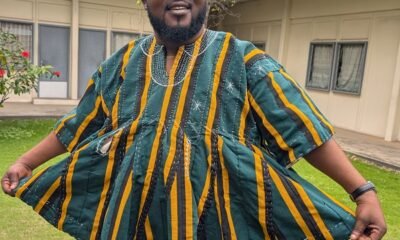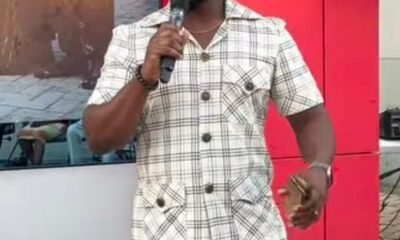News
NPP must choose a winnable leader – Dr. Palgrave Boakye Danquah
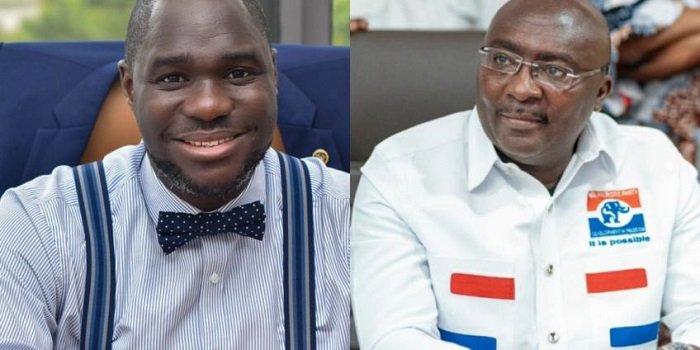
Former Government Spokesperson on Governance and Security, Dr. Palgrave Boakye Danquah, has said the New Patriotic Party (NPP) must focus on selecting a leader who can deliver victory in future elections.
During an interview with Channel One TV, he declared his support for Kennedy Agyepong, describing him as the “variable” the party needs to revive its chances after past candidates failed to secure expected votes in Zongo and Muslim communities.
Mr. Boakye Danquah explained that religion and ethnicity have never been deciding factors in Ghana’s elections.
He pointed to former President John Dramani Mahama, a Christian from the North, who won in Muslim communities, as evidence that Ghanaians vote beyond religious or tribal lines.
He also reacted to some claims he attributed to Vice President Dr. Mahamudu Bawumia, saying it was unfortunate if factual discussions were being turned into tribal or religious debates.
He stressed that Dr. Bawumia’s tribe or religion was never considered when he was selected as running mate, vice president, or party leader.
According to him, Kennedy Agyepong qualifies as a potential leader since Members of Parliament in the Fourth Republic have often gone on to become presidents.
He noted that aside from Jerry John Rawlings and John Evans Atta Mills, all other presidents had passed through Parliament before leading the country.
Mr. Boakye Danquah argued that electoral victory is not about presenting the same candidate multiple times but about the value a candidate brings.
He recalled how Nana Addo Dankwa Akufo-Addo’s persistence from 2008 and 2012 eventually led to victory in 2016, but warned that the NPP had since lost about 1.7 million votes, which must be addressed.
By: Jacob Aggrey
News
Police commence Investigation into viral video of student voilence
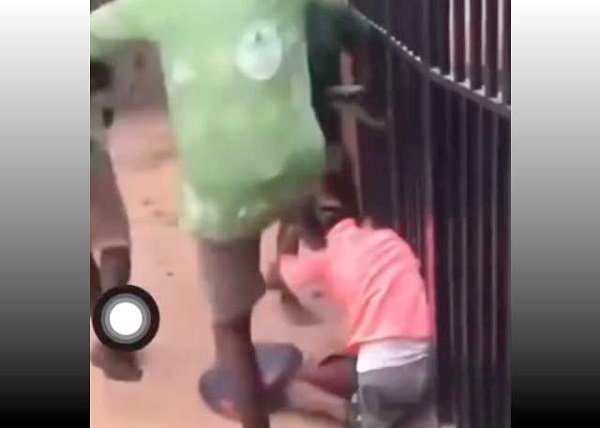
The Ghana Police Service has revealed that they have sighted a viral video in which a group of people are seen pelting stones at a student.
According to them in a statement today, Monday, February 23, 2026, investigations into the incident are ongoing, and further developments will be communicated in due course.
“The Service strongly condemns the violence and assures the public that all perpetrators will be identified and brought to justice,” the statement concluded.
News
NDC transferring over 80% of cocoa value to farmers- Inusah Fuseini
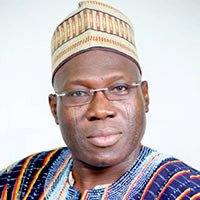
Former Tamale Central MP, Inusah Fuseini, has rejected claims that cocoa farmers are worse off under the current administration, insisting that producers are receiving greater value compared to the previous government.
Speaking on Metro TV, he accused the New Patriotic Party of pushing what he described as misleading propaganda about cocoa prices.
He explained that when the NPP was paying 3,100 cedis per bag of cocoa, the exchange rate stood at about 17 cedis to one US dollar.
Based on that rate, he argued that farmers were effectively earning around 182 dollars per bag.
According to him, this amount was lower than what farmers receive today when converted into dollar terms.
Fuseini stated that upon assuming office, the National Democratic Congress pegged the cedi at a stronger rate against the dollar and adjusted cocoa prices accordingly.
He noted that when the producer price was set at 2,650 cedis, the equivalent value was about 252 dollars per bag, which he maintained was significantly higher than the earlier figure.






